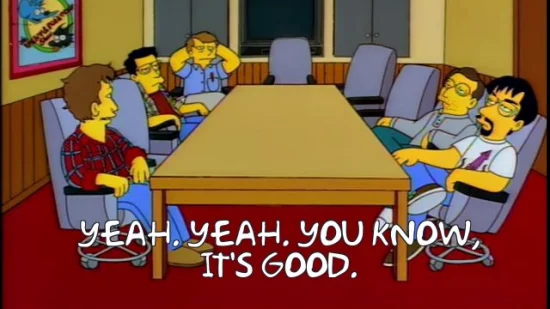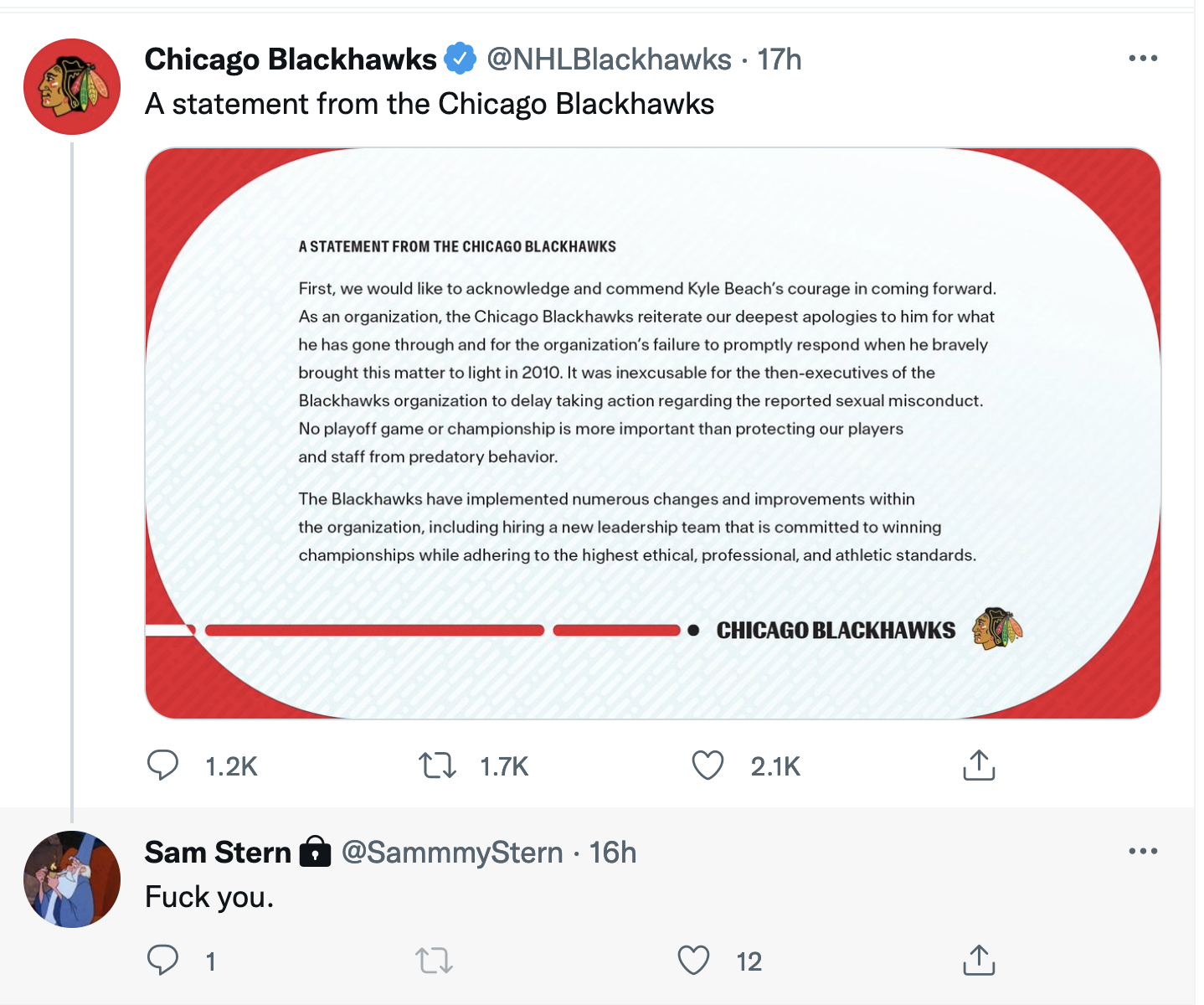When I graduated college, my dream job was to be the theater critic for the New York Times. My life has taken so many turns since then it seems hilarious to me now. Within a year of graduation, I was done with that dream, and applying to grad school. I quickly realized that my path to this career would be mostly taking unpaid internships, and relying on my parents’ money. Several of my fellow editors at my college newspaper chose this path. The other option was marketing work, pitching publications blindly, or writing on spec. Even then, many of those options didn’t pay.
I quickly realized that, in order to have the easiest path to enter the media world I grew up idolizing, I needed to expect not to make money working what was essentially a full time job.
I was majorly struck by a recent twitter thread by Alec Karakatsanis on the discrepancy between the mainstream media’s focal points vs what actually constitutes a threat to society. His main argument is that what mainstream journalism considers a threat reflects the interests of the rich, and what actually threatens most people, not large corporations, is buried:
It’s hard to think of something more important than understanding the information-spreading apparatus that creates this gap between perception and reality.…
He asked a lot of good, provocative questions about why this is, without needing to provide an answer:
Are there professional economic incentives, racial and class biases, and jingoistic ideologies that shape *what harms* to *which people* count as important enough to be breaking news, or news at all?…
What role does corporate ownership and consolidation of media companies play in determining what is covered and how urgently it is covered?
Karakatsanis is approaching the issue from a top down level. My experience, which goes hand in hand with this, is bottom up. Is the barrier for entry to journalism so cost-prohibitive that only the children of the rich and the ruling class can afford to enter it?
The publications themselves, despite what they often preach in their editorial content, aren’t practicing it. Ever since Vice‘s bombshell expose on the unpaid internship structure of the left wing media, these publications have implemented half-measure after half-measure that ignore the main issue: for a job like this, people need to be paid, and paid comfortably.
As my colleague at LexBlog Alec Downing noted, journalism is a brutal enough job on its own. There’s a ton of burnout, and people from marginalized and underrepresented groups are often the first to leave when things get tough. Publications’ declining ability to pay the people doing the worst entry level work leads to it essentially being a futile enterprise. The only way to really survive, or, heaven forbid, eventually thrive, is to have money from your parents. With the corporate consolidation of mainstream media in recent decades, this isn’t simply a crying shame. This is by design.












